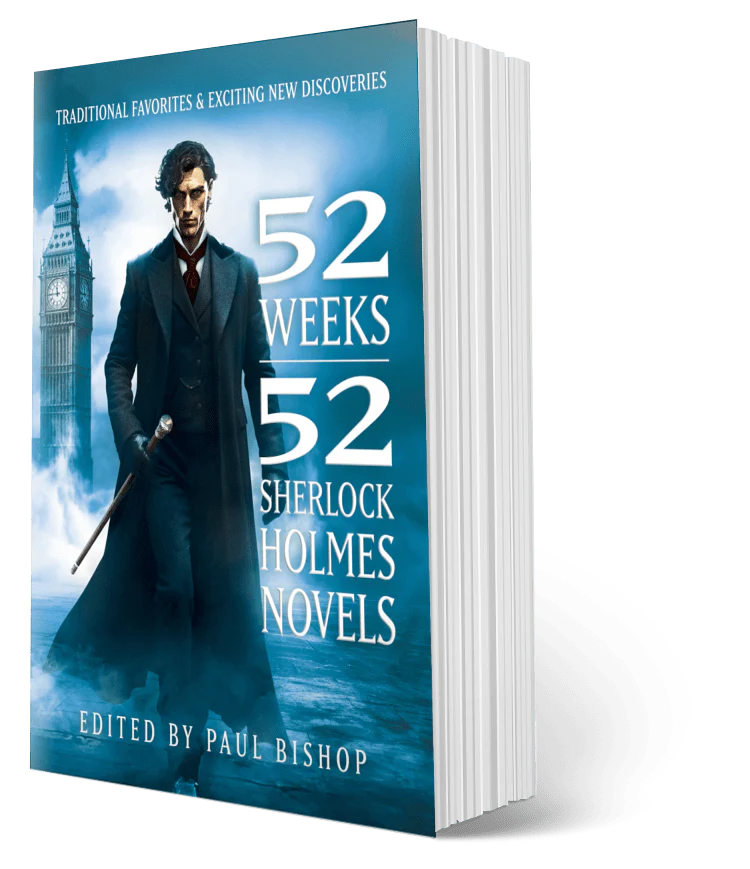In an age obsessed with productivity and screen time, reading fiction might seem like a luxury—but science says otherwise.
In this compelling essay, Paul Bishop makes the case for fiction not just as entertainment, but as a powerful tool for mental clarity, emotional resilience, and even brain health. From enhancing empathy and memory to reducing stress and sharpening focus, fiction exercises the mind in ways that data-driven media can’t.
This isn’t just a love letter to stories—it’s a science-backed argument for why stories matter.
Interested to learn more?
Some individuals—particularly those with a strong preference for factual analysis, data-driven reasoning, or utilitarian productivity—often dismiss fiction as frivolous or a waste of time. They argue that because fiction is not “real,” it offers little practical value compared to nonfiction, which they believe provides concrete knowledge and actionable information. This viewpoint assumes that only overtly factual material contributes to learning or self-improvement, overlooking the profound ways fiction enhances emotional intelligence, critical thinking, and human understanding. By focusing solely on measurable outcomes, they miss the subtle yet powerful cognitive and psychological benefits that narrative storytelling imparts—benefits that are increasingly backed by scientific research.
In a world increasingly driven by fast-paced digital consumption and surface-level engagement, the act of sitting down to read a novel may seem quaint or even indulgent. Yet mounting research in psychology, neuroscience, and education suggests that reading fiction is not only a pleasurable pastime but also a powerful tool for enhancing mental health and cognitive function. Fiction opens more than just imaginary worlds; it opens minds, cultivates empathy, improves focus, reduces stress, and keeps the brain sharp.
Reading fiction activates multiple areas of the brain simultaneously. Functional MRI scans have shown that when individuals read about actions or emotions, corresponding regions in their brain light up as though they were experiencing those actions or feelings themselves. This phenomenon—sometimes called "embodied cognition"—suggests that reading fiction simulates real-life experiences in the brain, strengthening neural pathways related to language, memory, and empathy.
Regular engagement with narrative structures, character development, and complex plots also enhances executive functioning skills. These include working memory, reasoning, and problem-solving—key components of overall cognitive health. Because fiction often presents nuanced moral dilemmas or ambiguous situations, it encourages readers to think critically, imagine alternative outcomes, and engage in perspective-taking.
One of the most widely cited benefits of reading fiction is its capacity to enhance empathy. Unlike nonfiction, which tends to convey information directly, fiction immerses readers in the lives of others. A well-written novel invites readers to live temporarily in someone else’s mind, experiencing their fears, hopes, and motivations. Studies have found that people who frequently read literary fiction score higher on tests of social perception and emotional intelligence.
This mental habit of "putting oneself in another's shoes" can translate into improved relationships, better communication, and a deeper understanding of human complexity. In a society that often feels fragmented and polarized, fiction serves as a quiet force for human connection and compassion.
Beyond cognitive benefits, reading fiction has demonstrable effects on emotional well-being. A study conducted at the University of Sussex found that reading for just six minutes can reduce stress levels by up to 68%, outperforming listening to music, taking a walk, or having a cup of tea. When engrossed in a compelling narrative, readers enter a meditative state that lowers heart rate and relaxes muscle tension.
Furthermore, reading fiction can provide emotional catharsis—a safe way to process difficult emotions, explore personal struggles through the lens of characters, or find hope and resolution in the arc of a story. For those coping with anxiety or depression, fiction can offer a temporary escape from the pressures of reality and even model resilience and healing.
In an age of constant notifications and shrinking attention spans, the sustained focus required by reading fiction is an increasingly valuable skill. Unlike digital media, which often encourages multitasking, fiction demands singular attention. Following a novel from beginning to end enhances concentration and improves short- and long-term memory by requiring the reader to recall characters, subplots, and prior events as the story unfolds.
Moreover, regular reading habits have been linked to slower cognitive decline in older adults. Research from the National Institute on Aging supports the idea that mentally engaging activities like reading fiction can help preserve memory and delay the onset of dementia and other age-related cognitive disorders.
Reading fiction is far more than entertainment; it is a vital exercise for the brain and a balm for the soul. From stimulating mental faculties and improving empathy to reducing stress and promoting emotional resilience, the benefits of engaging with fictional narratives are both profound and measurable. In a world that prizes productivity and speed, fiction offers a rare and rewarding invitation: to slow down, to imagine, and to grow.
Interested to learn more?
🔗 52 Weeks / 52 Sherlock Holmes Novels – Genius Book Publishing




Good and intelligent writing. Thank you. Also, and I'm sure you'll get to it, reading fiction is as fine a way to spend your time as any, for a good story is as much a joy as anything is, and like lots of the other great joys in our life - there may not be a measurable or defined gain. Joy needn't be measurable or provide material return. No more than love or gratitude need to measure up to any standard - in order to be well worth our while.